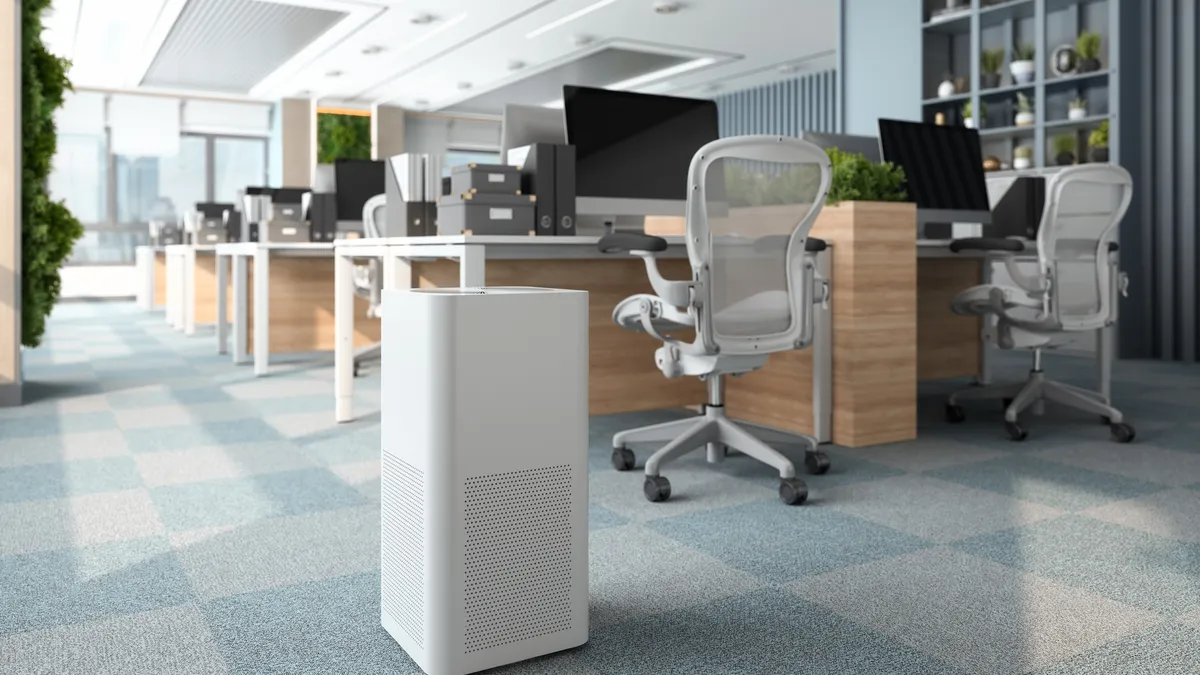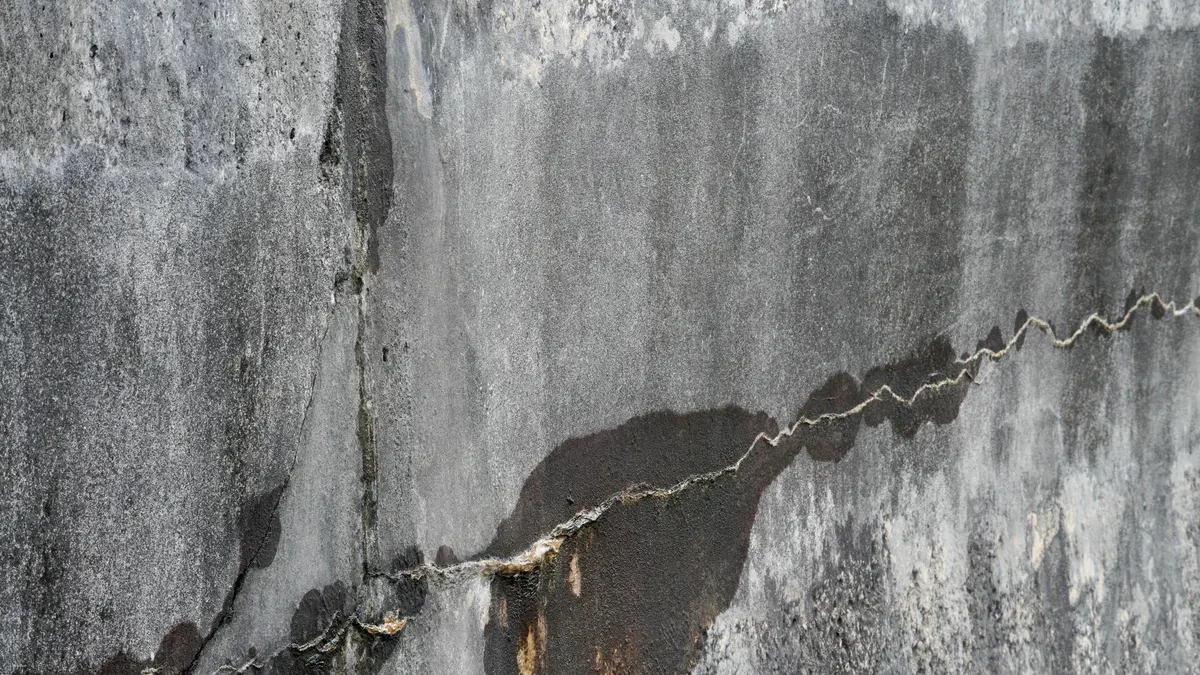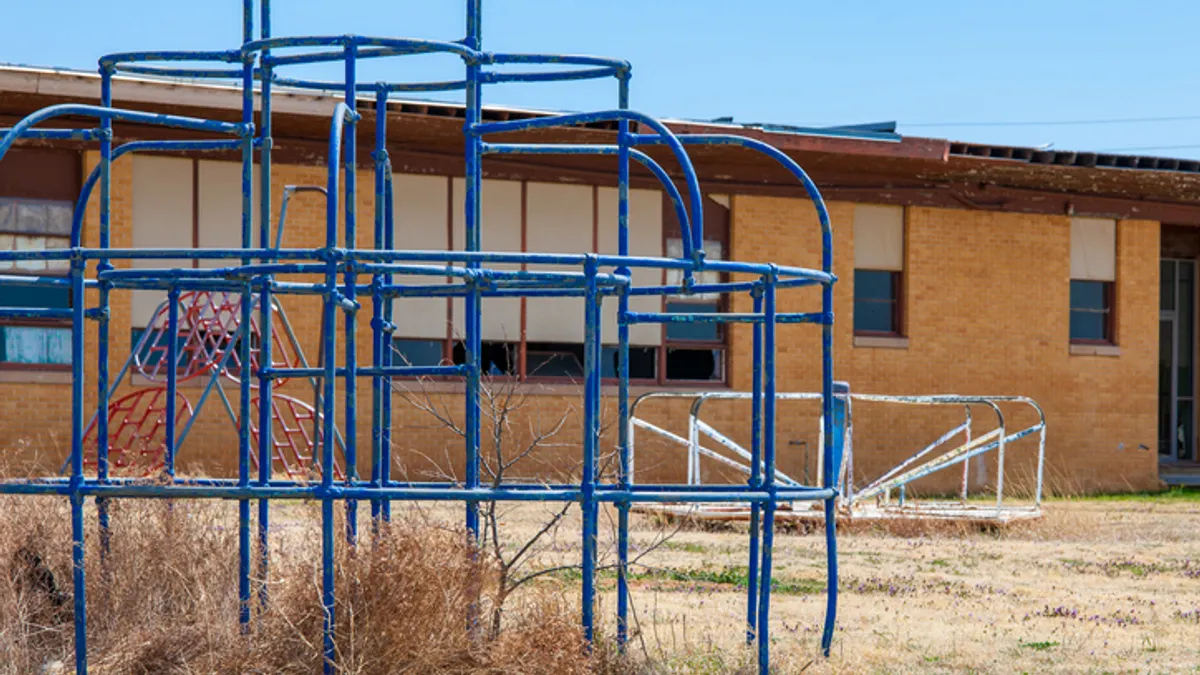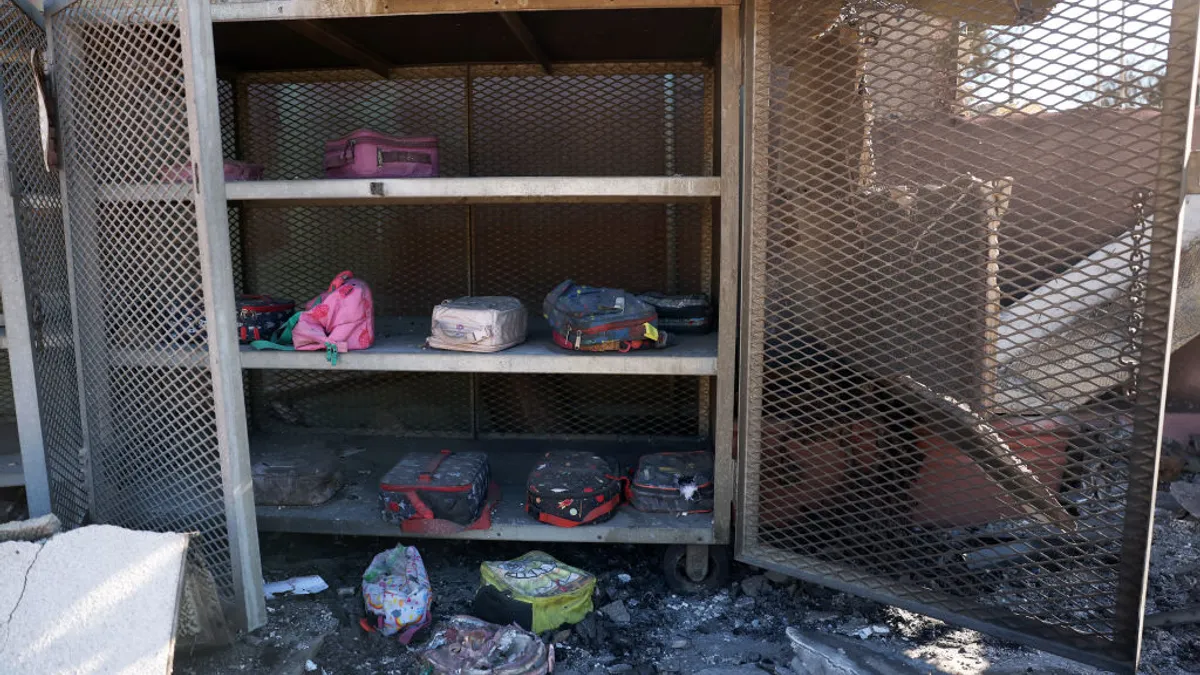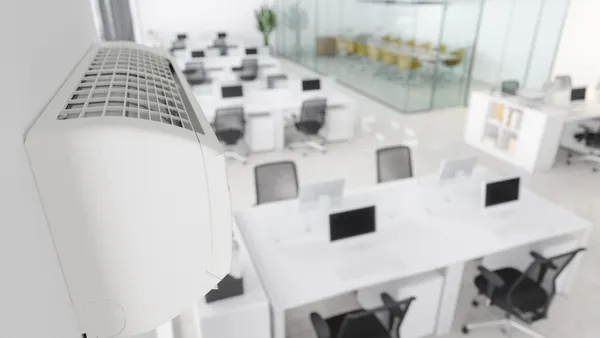Last week, Rep. Don Beyer, D-Va., reintroduced the Airborne Act, legislation that would incentivize non-residential building owners to conduct indoor air quality assessments and upgrade their ventilation and air filtration systems.
“Amid concerns about past and future pandemics, it is imperative that we work to improve the IAQ of our nation’s workplaces,” Beyer said in a July 11 statement. “This bill would use the tax code to give building owners incentives to perform IAQ inspections and upgrades, which would make our workplaces safer from both the threat of [COVID-19] and future airborne disease outbreaks.”
Specifically, the Airborne Act would provide commercial building owners with a $1 per-square-foot-tax credit to conduct IAQ evaluations of their properties. The tax credit will not exceed the cost of conducting the assessments, according to the bill.
The legislation would also provide building owners tax credits for upgrading HVAC and air filter systems to meet the ASHRAE Standard 62.1-2022 and a minimum efficiency reporting value, or MERV, rating of 13 or better for their properties. Credits would equate to $5 per square foot of property affected for air filters and $50 per square foot for HVAC systems, limited to 50% of total project costs, the bill says.
In addition, the legislation would create a voluntary certification program through the U.S. Department of Energy and the U.S. Environmental Protection Agency, enabling property owners to certify that their properties follow the IAQ standards outlined in the bill. Under the Airborne Act, non-profits would also be eligible, with certain public properties able to transfer credits to private entities that carry out upgrades, according to a news release from Beyer’s office.
The reintroduction drew praise from a number of industry organizations, including ASHRAE; the International Facility Management Association; The International Association of Sheet Metal, Air, Rail and Transportation Workers; Sheet Metal and AC Contractors National Association; and the Building Owners and Managers Association.
"The Airborne Act highlights the vital connection between buildings and occupant health and wellbeing,” ASHRAE President Dennis Knight said in a statement. “We appreciate the integration of ASHRAE’s technical insights and trust that this legislation will encourage building owners and managers to assess and invest in building systems upgrades, aimed at improving health outcomes and learning environments as well as increasing productivity.”
After publishing Standard 241 last June amid heightened pandemic-driven IAQ concerns — ASHRAE’s first airborne infection risk mitigation standard — the organization has continued to provide guidance and advocate for proper ventilation and clean building environments.
The society of engineers signed a memorandum of understanding with the American Industrial Hygiene Association, defining parameters in which the two organizations will work cooperatively on common public affairs goals and coordination of technical activities, according to a June 17 news release.
Under the memo, the groups agreed to jointly promote codes and mutually beneficial positions during the development and passage of legislation at the local, state and federal levels, per the release. Such legislation includes the Airborne Act, according to ASHRAE Executive Vice President Jeff Littleton. AIHA is also forming a task force as part of the initiative that will provide another place to collaborate, Littleton said.
“The time is ripe for a national IAQ standard. We regulate water, we regulate food, and as the pandemic demonstrated very well, the air that we breathe can have just as big of an impact on our health and human comfort as those other things,” Littleton said. “Maybe the time is right for some federal and national regulation that addresses [indoor air quality].”
In addition to ASHRAE Standards 241 and 62.1, which sets specifications for outdoor airflow rates and filtration, air cleaning technology and performance testing requirements of ventilation systems, the society provides other codes that cover indoor environmental quality, including ASHRAE Standard 55. Altogether, the organization’s collection of IAQ standards “is pretty extensive,” Littleton said. “We have a pretty good suite.”
He added that in addition to the AIHA, ASHRAE works with other organizations regularly, like the EPA’s Office of Radiation and Indoor Air, to address indoor air quality and ensure proper guidance for operators.



